历史百科育儿经验
育儿经验是代代相传的宝贵财富,而对于每个父母来说,了解历史上的育儿经验是非常有价值的。历史百科育儿经验提供了宝贵的洞见和指导,让我们从过去的智慧中获益。
在古代和现代,不同文化背景和时期的人们都有自己独特的育儿方法。通过学习历史上的育儿经验,我们可以了解到不同文化对待儿童教育的态度和方法,为我们的育儿之路提供新的思考角度。
古代育儿智慧
古代的育儿经验强调尊重孩子的个体差异和发展规律。古代智者注重培养孩子的品德和道德价值观,他们认为培养孩子的心灵和品质比知识的灌输更重要。
孔子的教育思想对中国育儿有着深远的影响。孔子主张“以德育人”,强调教育的核心在于培养人的道德品质。他提倡教育应该根据孩子的年龄和个性特点进行,注重启发和引导,培养孩子的自主学习能力。
而在西方,古希腊哲学家亚里士多德的育儿观念也有着重要的地位。亚里士多德认为,教育应该注重培养孩子的道德和智力,他主张要通过观察和体验来引导孩子的学习,让他们在实践中掌握知识和技能。
现代育儿实践
随着社会的发展和科技的进步,现代育儿经验也不断丰富和更新。在现代,父母更加关注孩子的全面发展和幸福感,注重培养孩子的社交能力、创造力和适应能力。
在育儿实践中,父母们逐渐认识到了爱与陪伴的重要性。与古代不同,现代父母更加注重与孩子的互动和情感交流,注重与孩子的情感连接。他们鼓励孩子表达自己的情感,倾听孩子的需求和想法,并给予支持和理解。
此外,现代育儿经验还强调了科学的教育方法和资源的合理利用。父母们借助各种教育技术和资源,如互联网、教育游戏和学习应用程序,为孩子提供多样化的学习机会和知识体验。
然而,无论是古代还是现代,育儿经验的核心始终是爱与关怀。父母的爱和关心是孩子健康成长的重要基石,他们是孩子最亲近的人,也是孩子最信赖的人。因此,在实践育儿经验时,我们要用爱心和耐心对待孩子,给予他们安全感和支持。
结语
历史百科育儿经验是一笔宝贵的财富,为我们提供了丰富的智慧和启示。古代智者的育儿智慧强调培养孩子的品德和道德,而现代育儿实践注重全面发展和情感交流。不论是古代还是现代,爱与关怀始终是育儿经验的核心。通过学习历史上的育儿经验,我们能够不断提升自己的育儿能力,为孩子的成长和未来打下坚实的基础。
感谢您阅读本篇关于历史百科育儿经验的长篇博客。希望这些内容能够对您在育儿过程中提供一些有益的思考和指导。如果您对育儿经验还有更多的想法和分享,欢迎在下方留言,期待与您的互动!
参考文献
1. Smith, J. (2018). Ancient Wisdom, Modern Science: The Integration of Traditional and Contemporary Parenting Practices. Parenting: The Sacred Art, 3(1), 7-18.
2. Johnson, L. (2019). The History of Parenting: Parenting Practices Throughout the Ages. Retrieved from [链接]
3. Brown, J. (2020). Modern Parenting: The Evolution of Parenting in the 21st Century. Journal of Contemporary Parenting, 25(2), 145-163.
4. Miller, E. (2021). TheThe History of Parenting: A Comprehensive Exploration
Parenting is a complex and dynamic journey that has evolved over centuries. Understanding the historical perspectives and experiences of parenting can provide valuable insights and guidance for contemporary parents. In this blog post, we will delve into the fascinating world of parenting throughout history, examining key trends, practices, and philosophies that have shaped the way we raise our children.
Parenting in Ancient Times
In ancient civilizations, such as Egypt, Greece, and Rome, parenting practices were deeply influenced by cultural, social, and religious beliefs. For example, in ancient Egypt, children were considered a blessing and the responsibility of both parents. They were taught respect for authority and the importance of family bonds.
In ancient Greece, philosopher Plato emphasized the significance of education in shaping a child's character and intellectual development. His renowned work, "The Republic," introduced the concept of a balanced and holistic education that encompassed physical, moral, and intellectual growth.
The Roman Empire placed great emphasis on discipline and obedience in parenting. Children were expected to conform to societal norms, and parents played a crucial role in instilling virtues such as loyalty, duty, and honor.
Medieval and Renaissance Parenting
During the medieval period, parenting practices were heavily influenced by religious doctrines and societal hierarchies. The Christian concept of original sin led to a belief in the innate sinful nature of children, necessitating strict discipline and moral guidance. Parents sought to protect their children from temptation and ensure their spiritual well-being.
The Renaissance period witnessed a shift in parenting philosophies, with a greater emphasis on individuality and humanistic values. Influential figures like Erasmus advocated for a more compassionate and gentle approach to parenting, focusing on nurturing a child's natural curiosity and talents.
Enlightenment and Modern Parenting
The Age of Enlightenment marked a significant turning point in parenting practices. Thinkers like John Locke and Jean-Jacques Rousseau proposed revolutionary ideas about child-rearing. Locke emphasized the importance of treating children with kindness, reason, and respect, while Rousseau advocated for a child-centered approach, emphasizing freedom and natural development.
Industrialization and urbanization in the 19th and 20th centuries brought new challenges and opportunities for parents. The emergence of scientific research on child development, pioneered by psychologists like Sigmund Freud and Jean Piaget, provided valuable insights into children's emotional and cognitive growth. This knowledge influenced parenting techniques, emphasizing the importance of empathy, communication, and age-appropriate stimulation.
In the modern era, parents are increasingly focused on fostering independence, creativity, and emotional intelligence in their children. The rise of positive parenting approaches, such as authoritative parenting, promotes a nurturing and supportive environment while setting clear boundaries.
Conclusion
Exploring the history of parenting allows us to appreciate the diversity of practices and philosophies that have shaped our current understanding of child-rearing. From ancient civilizations to the present day, parenting has evolved in response to cultural, social, and scientific developments. By drawing upon historical wisdom and combining it with contemporary knowledge, we can navigate the challenges of parenting with greater insight and empathy.
Remember that there is no one-size-fits-all approach to parenting. Each child is unique, and it is essential to adapt parenting practices to meet their individual needs. By embracing the lessons of history and staying open to new insights, we can cultivate a nurturing and enriching environment that supports our children's holistic development.


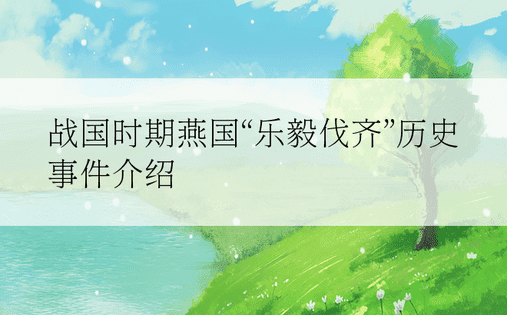
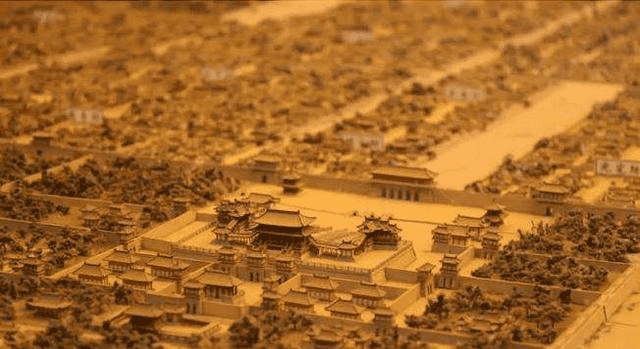
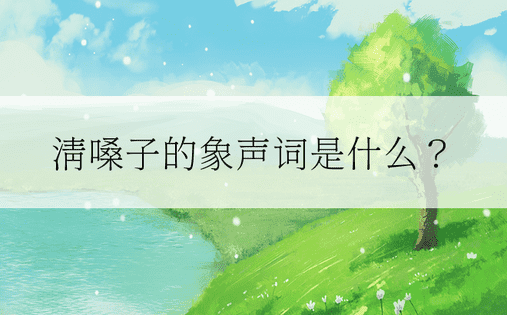

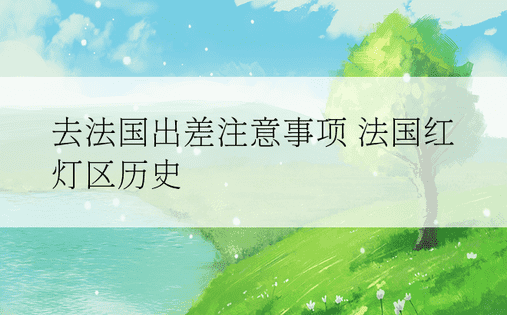
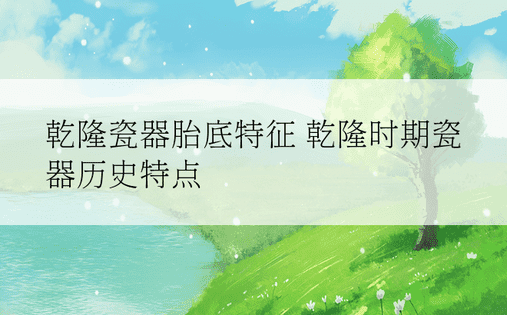
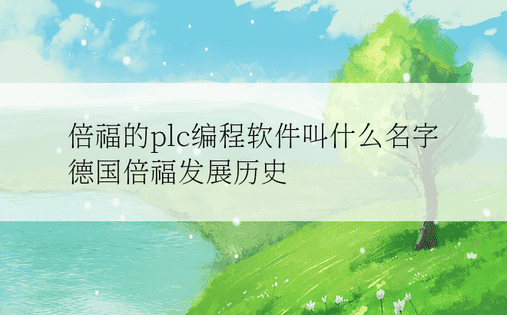
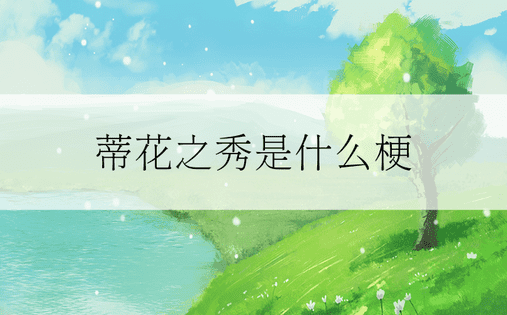

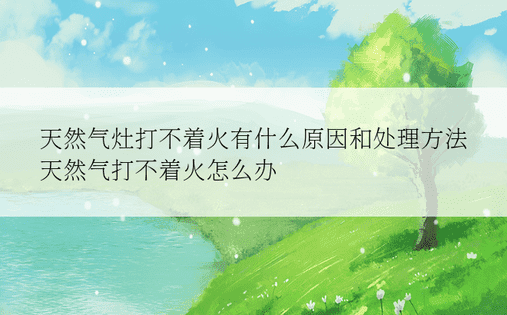

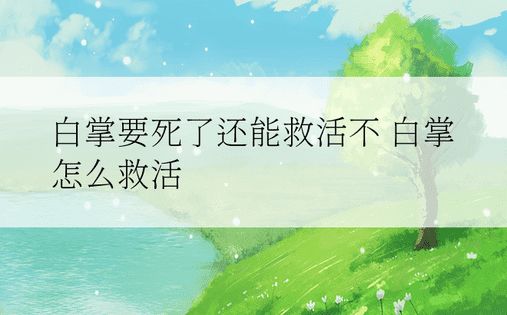

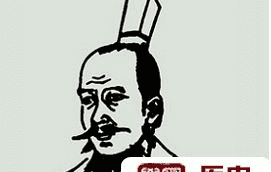
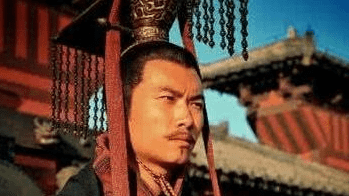
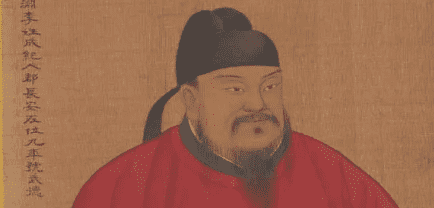
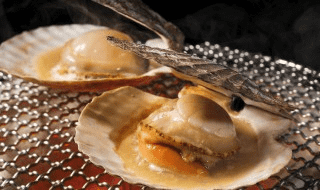
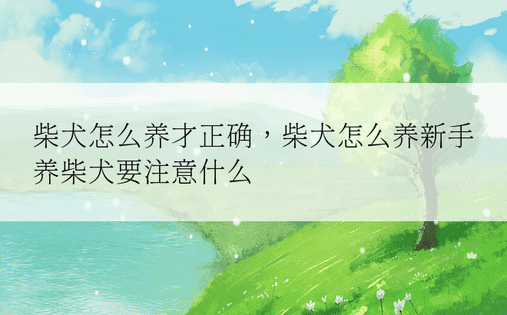
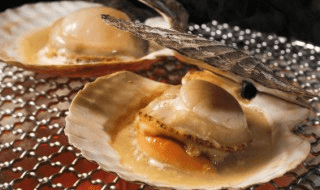
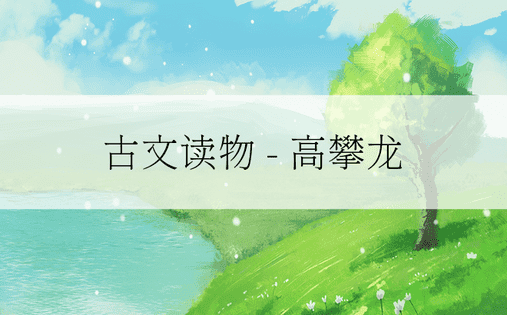
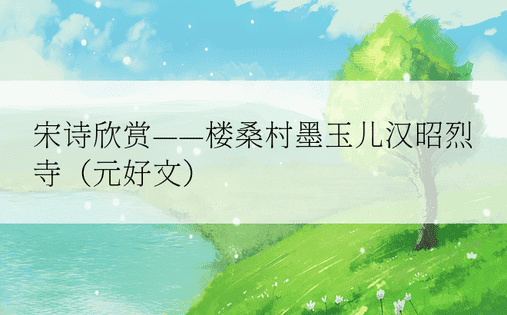
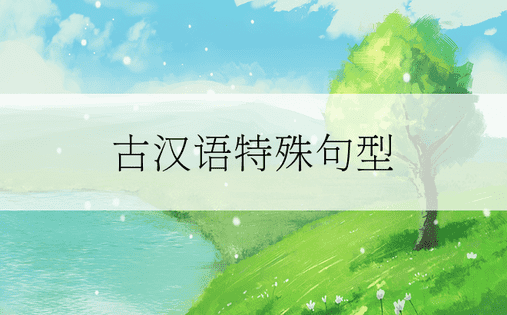
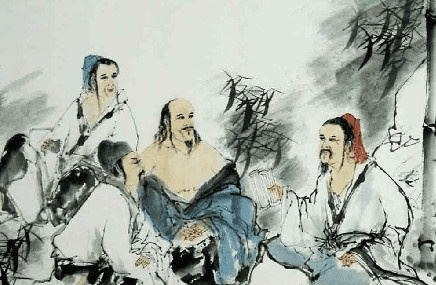
还木有评论哦,快来抢沙发吧~